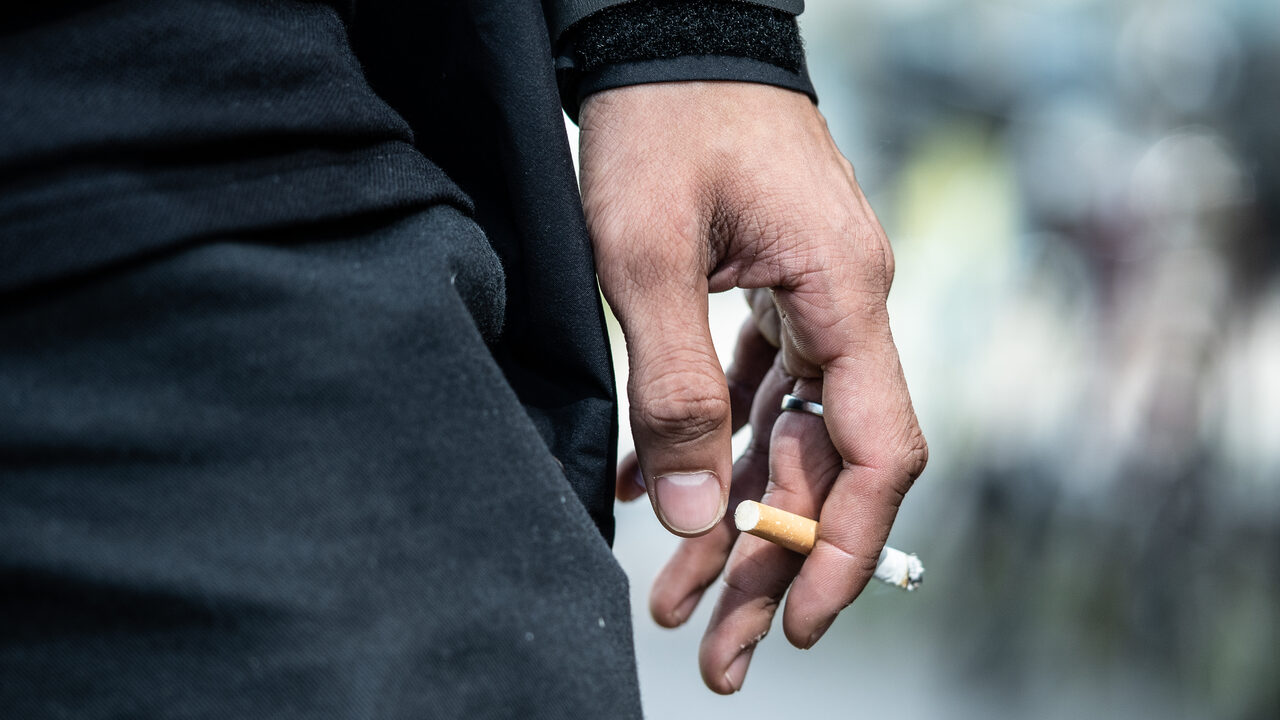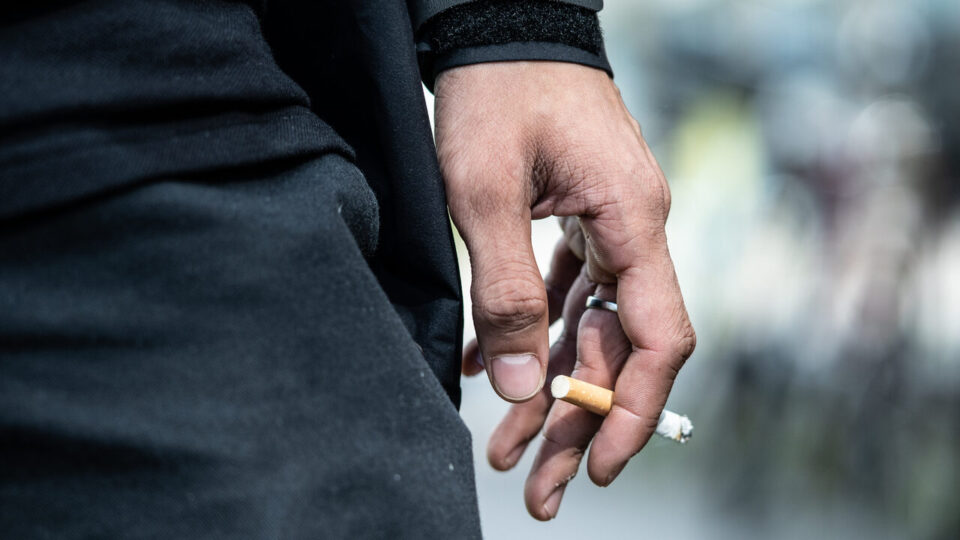
The Minister calls it “gross and directly distasteful” that manufacturers and retailers have exploited loopholes in the law.
From 1998 to 2019, there was no place in Europe where the price of tobacco rose as little as it did in Denmark.
During the 21 years, the price of tobacco in Denmark rose by about two thirds. During the same period, it became on average three times more expensive in the rest of Europe.
This is shown by a new analysis from Statistics Denmark , which is published on the same day as the government presents its plan for how Danes will pay more for their cigarettes.
The plan consists of seven concrete measures, and it aims, among other things, to close several of the loopholes that have been used by tobacco producers and sellers since the taxes were increased in April.
– We had a clear expectation that both tobacco producers and tobacco retailers would respect the new tax rate. Unfortunately, that expectation has not been met. (…) It is both rude and directly distasteful, writes Minister of Taxation Morten Bødskov (S) in the preface to the government’s action plan in this area.
Loopholes in the law
According to figures from the National Board of Health , approximately 14,000 people die every year due to smoking in Denmark. On average, smokers who die due to their smoking lose 15 years of life.
Therefore, a majority in the Folketing last winter agreed to raise the taxes on tobacco, so that fewer young people started smoking, and more got a greater incentive to quit. Initially, the price of a pack of cigarettes should increase to at least 55 kroner in 2020, and then by another 5 kroner in 2022.
But instead of cigarette prices rising, there have been examples of cigarette manufacturers launching a price war to gain market share, even though – according to the Ministry of Taxation – they have lost money along the way.
At the same time, it has been possible to sell cigarette packs at lower prices if only the manufacturers had manufactured the smokers before the new tax rate came into force. It utilized several of the cigarette manufacturers by purchasing a larger quantity of the tax stamps indicating how much to pay in tax for each package.
Finally, there have also been sellers who have hoarded unusually large quantities of cigarettes so that they could continue to sell at a lower price, even after the tax increase came into force.
It is these loopholes that Minister of Taxation Morten Bødskov will now close with seven concrete measures :



